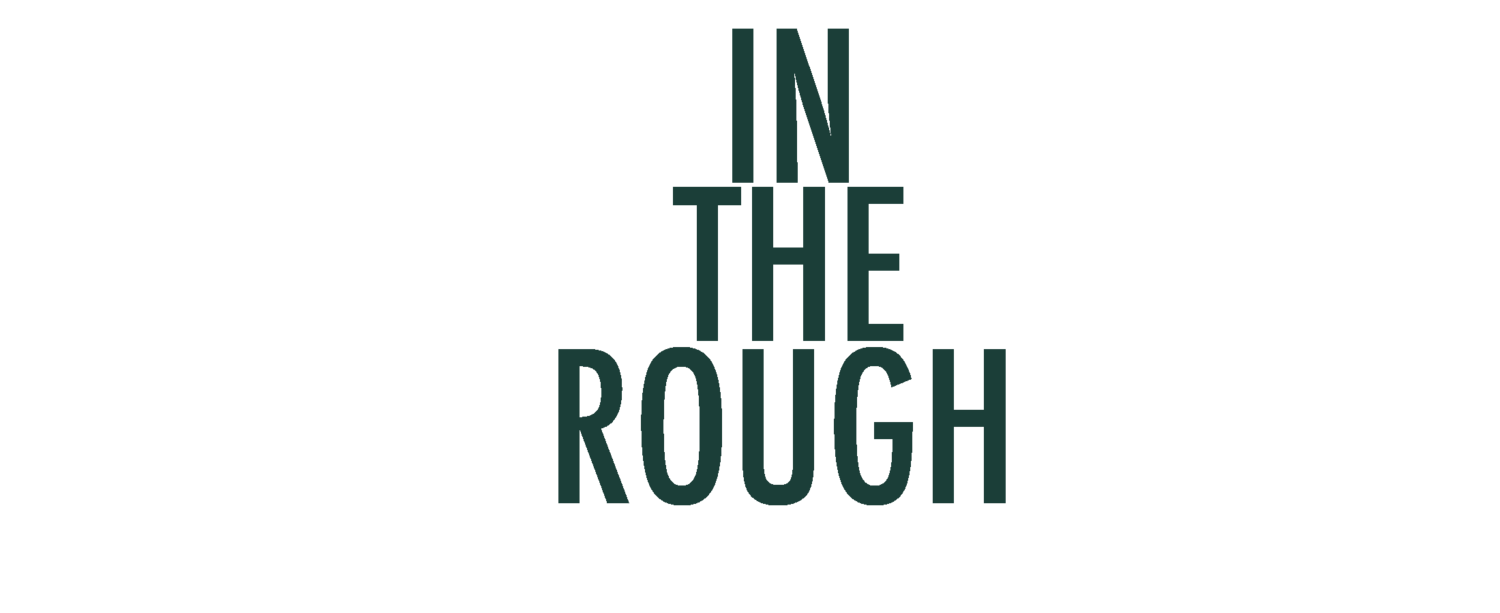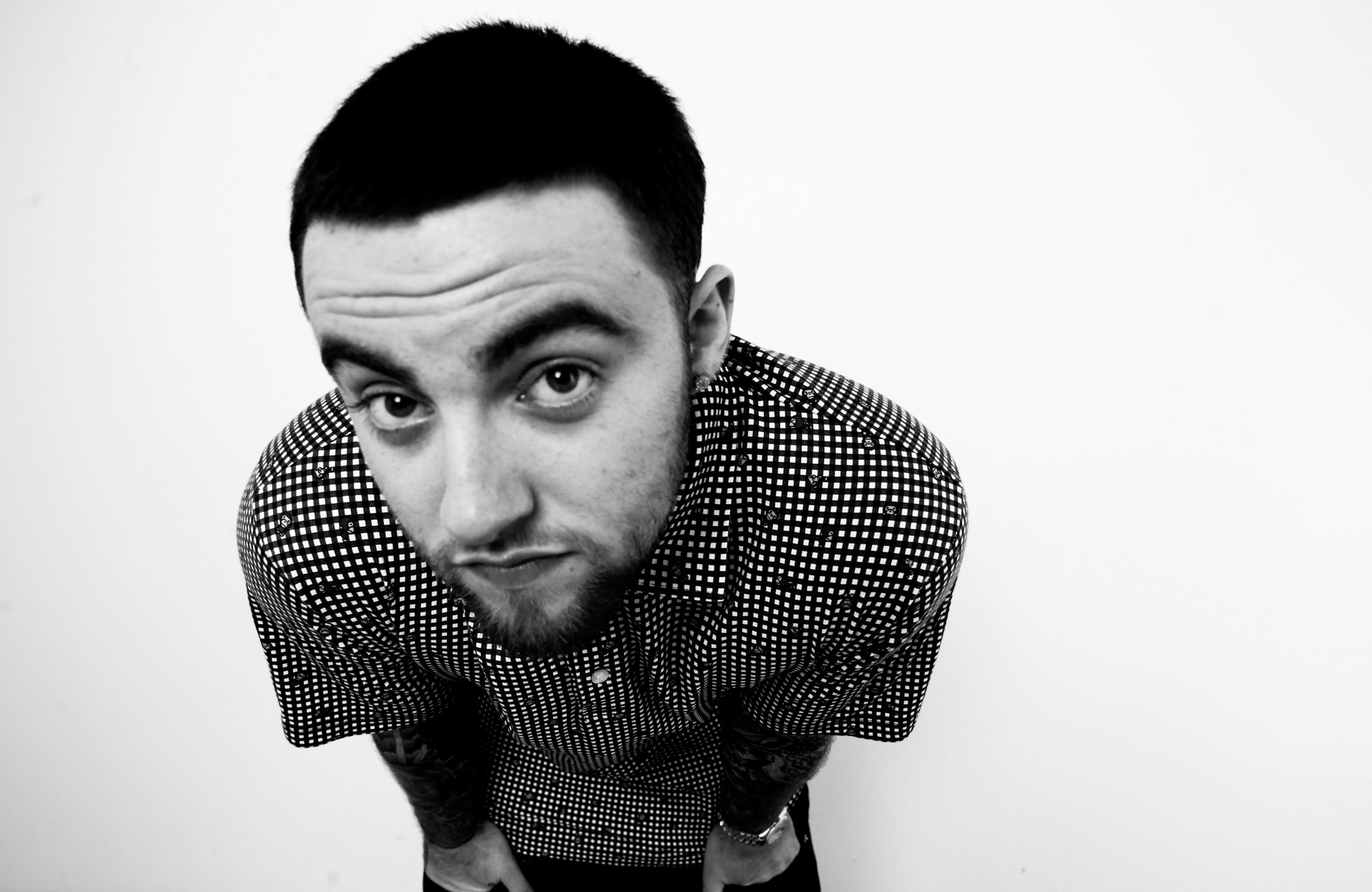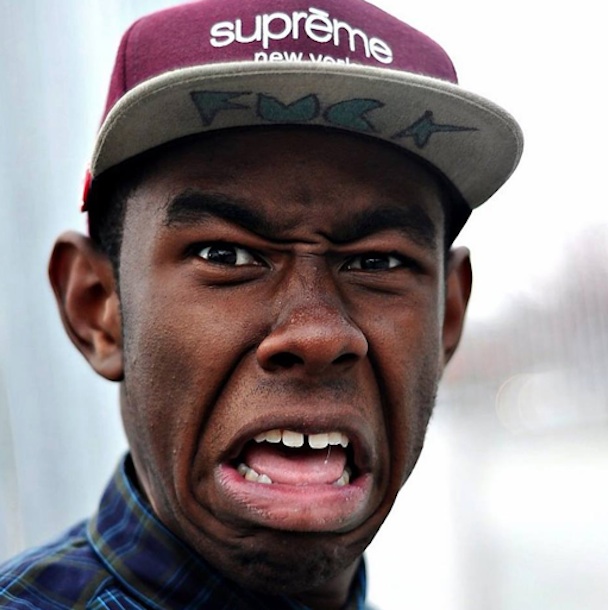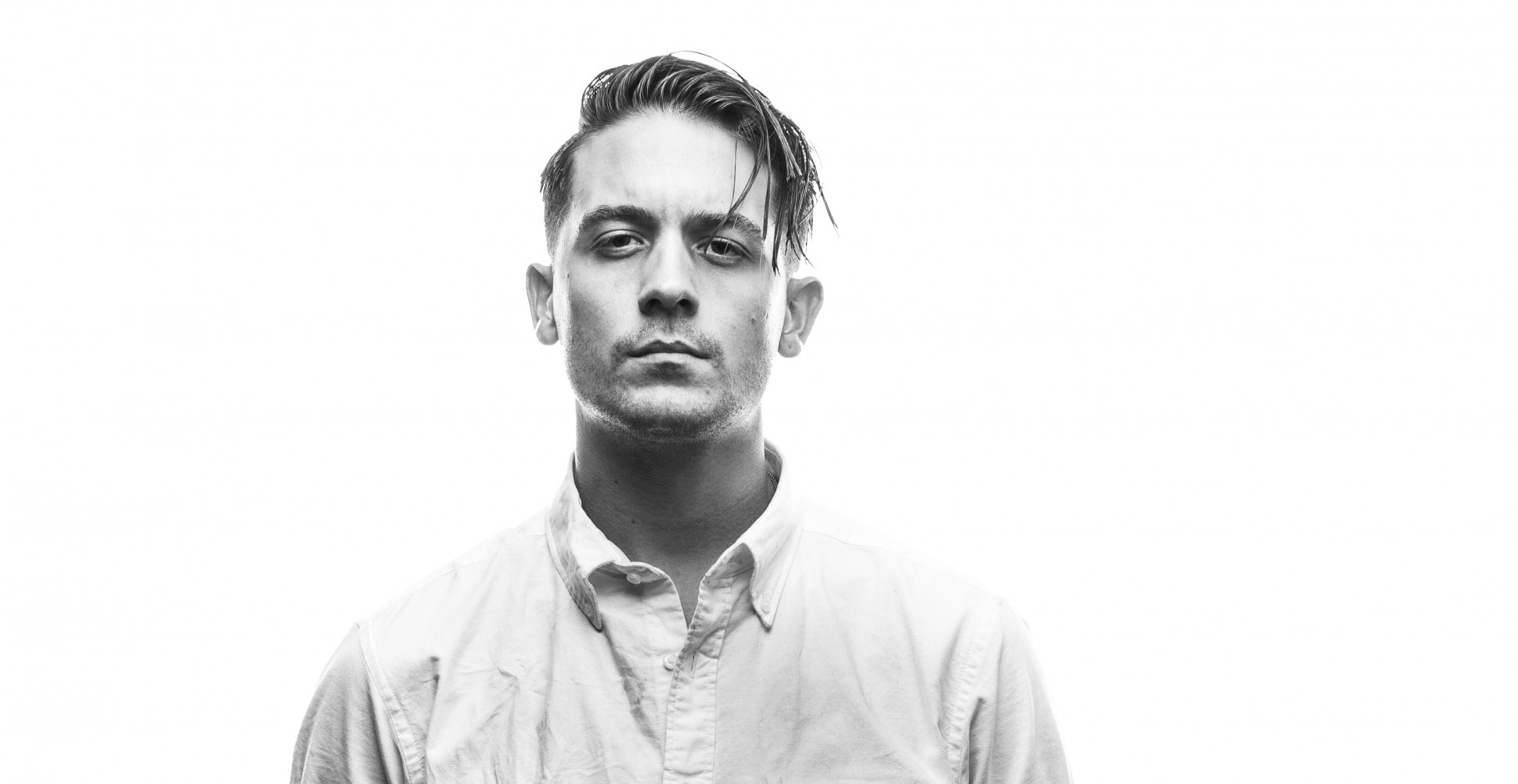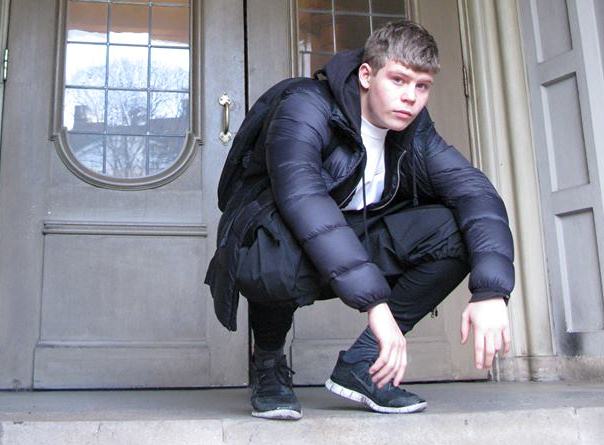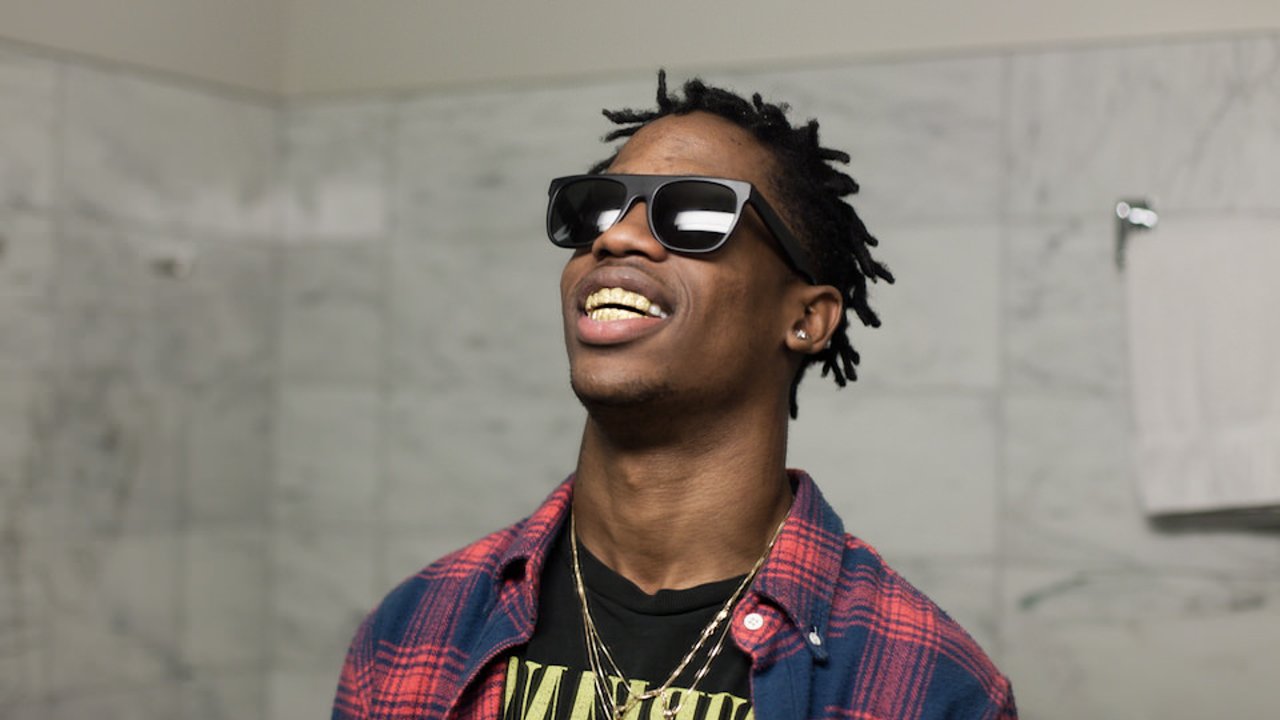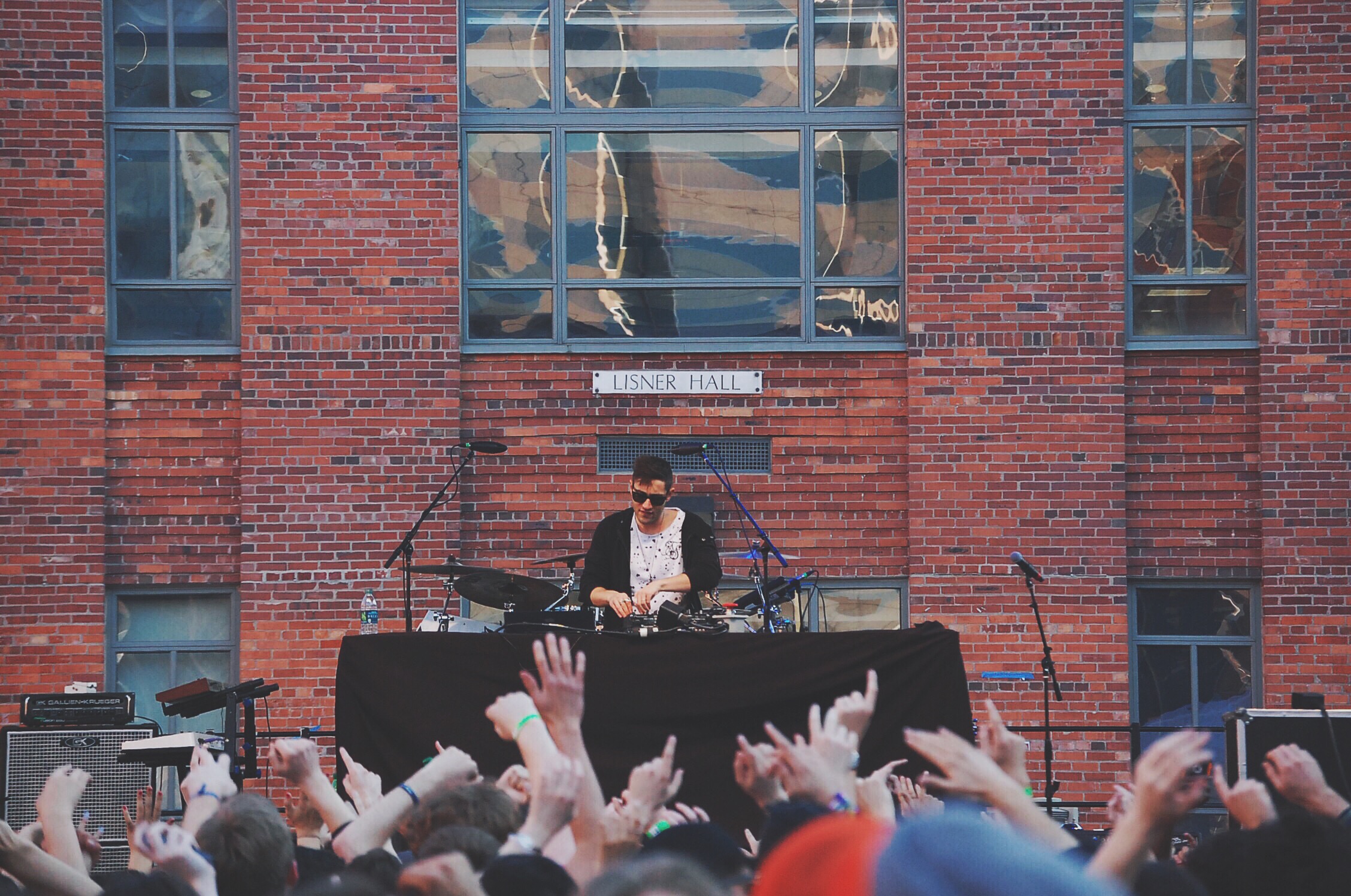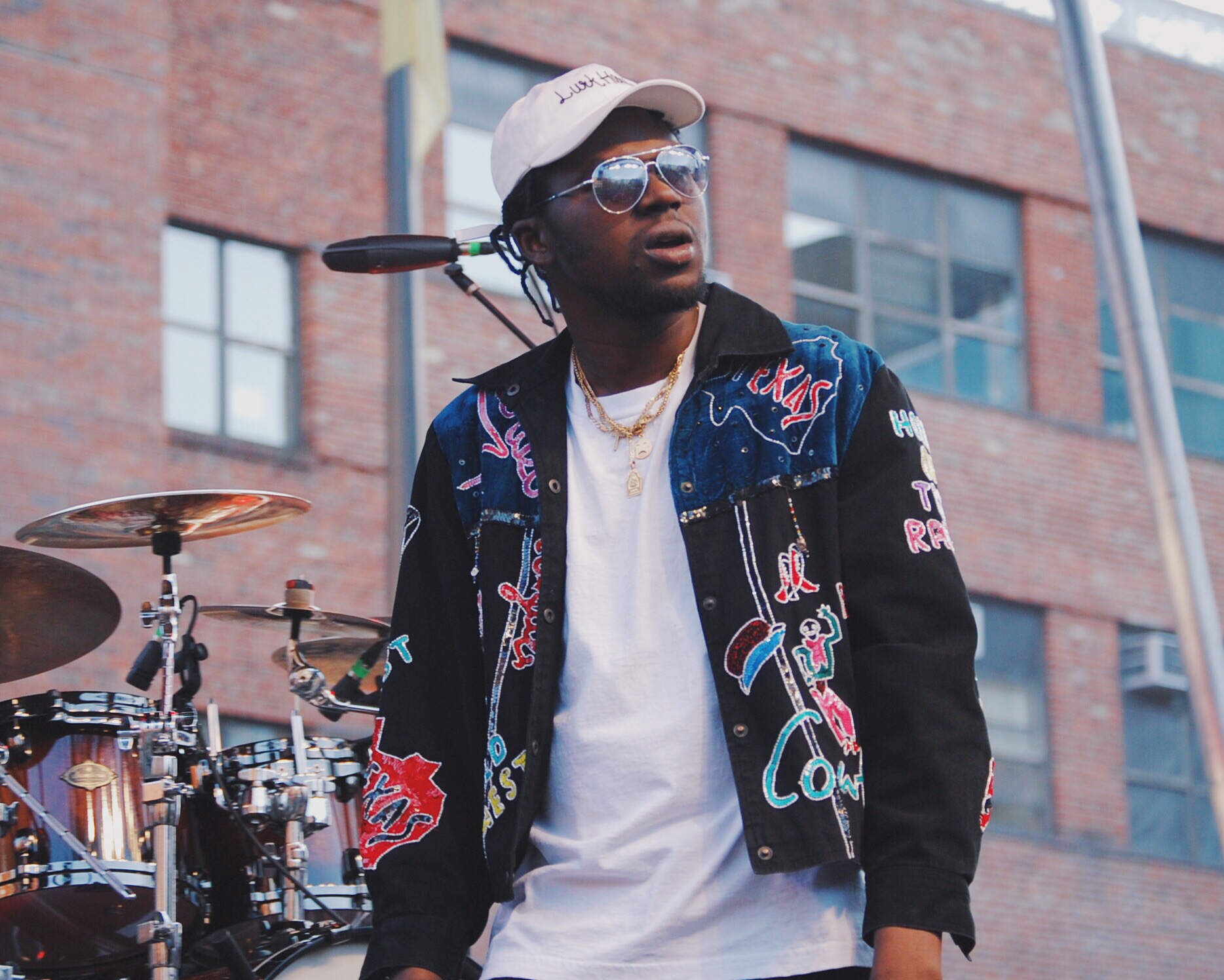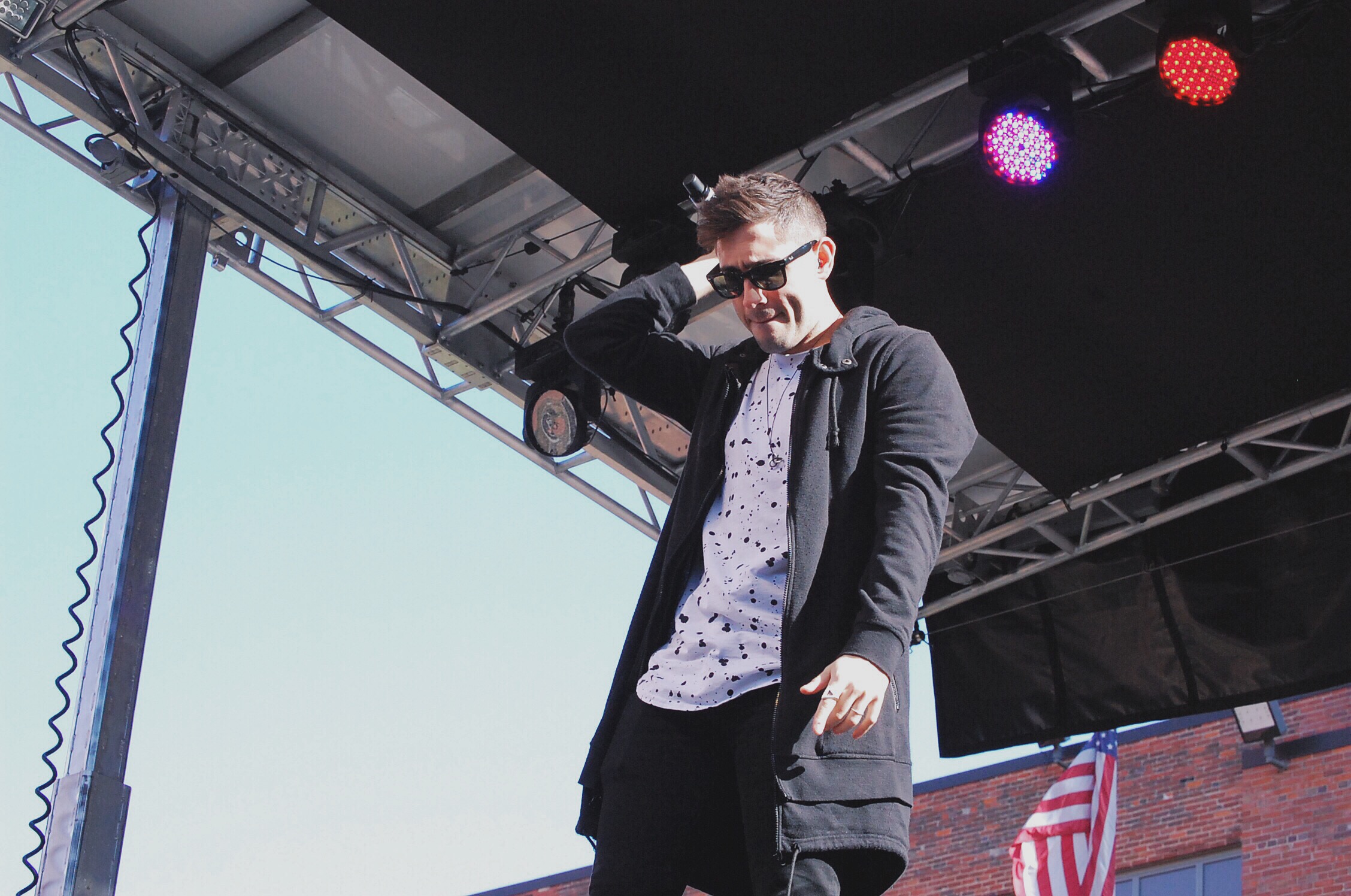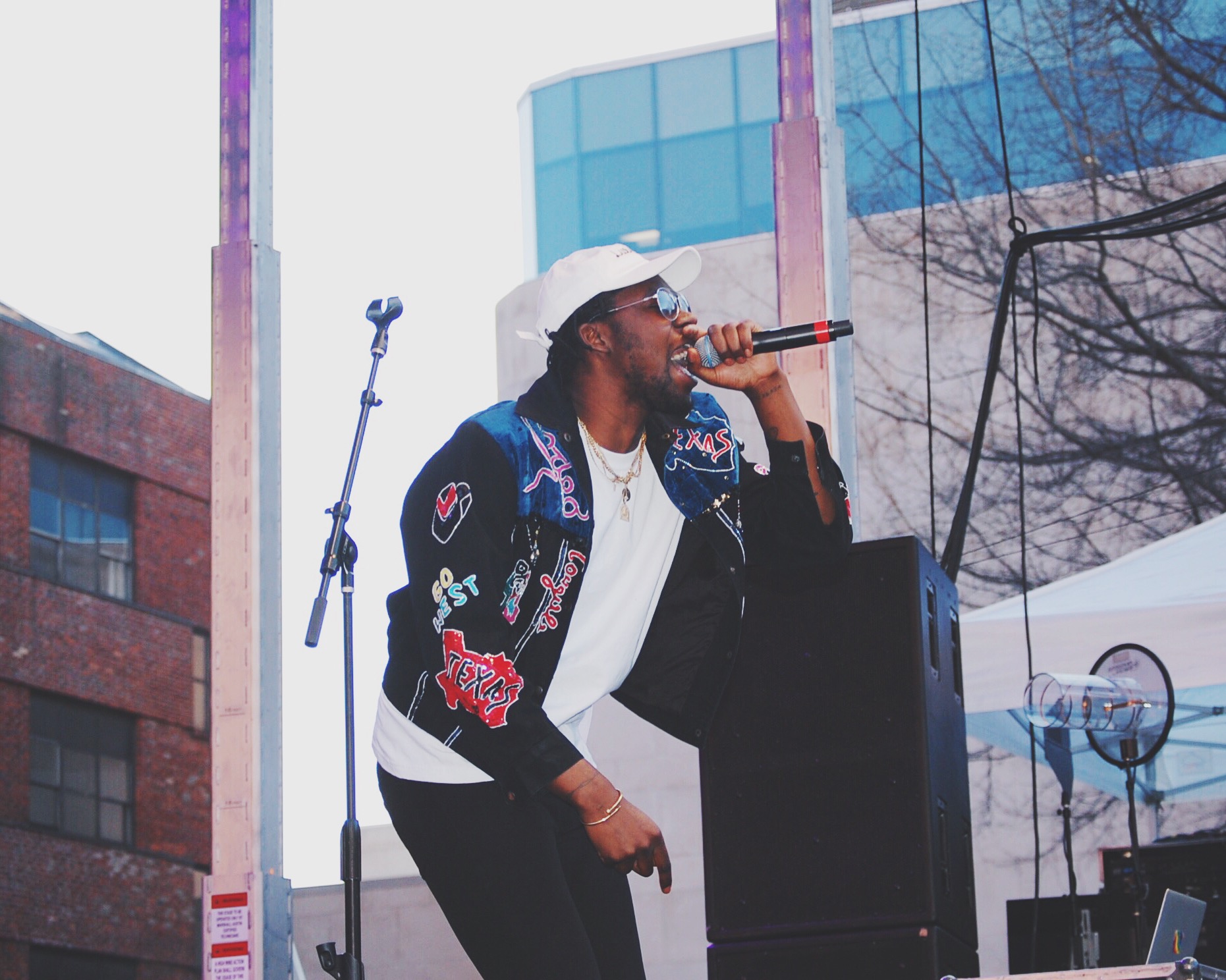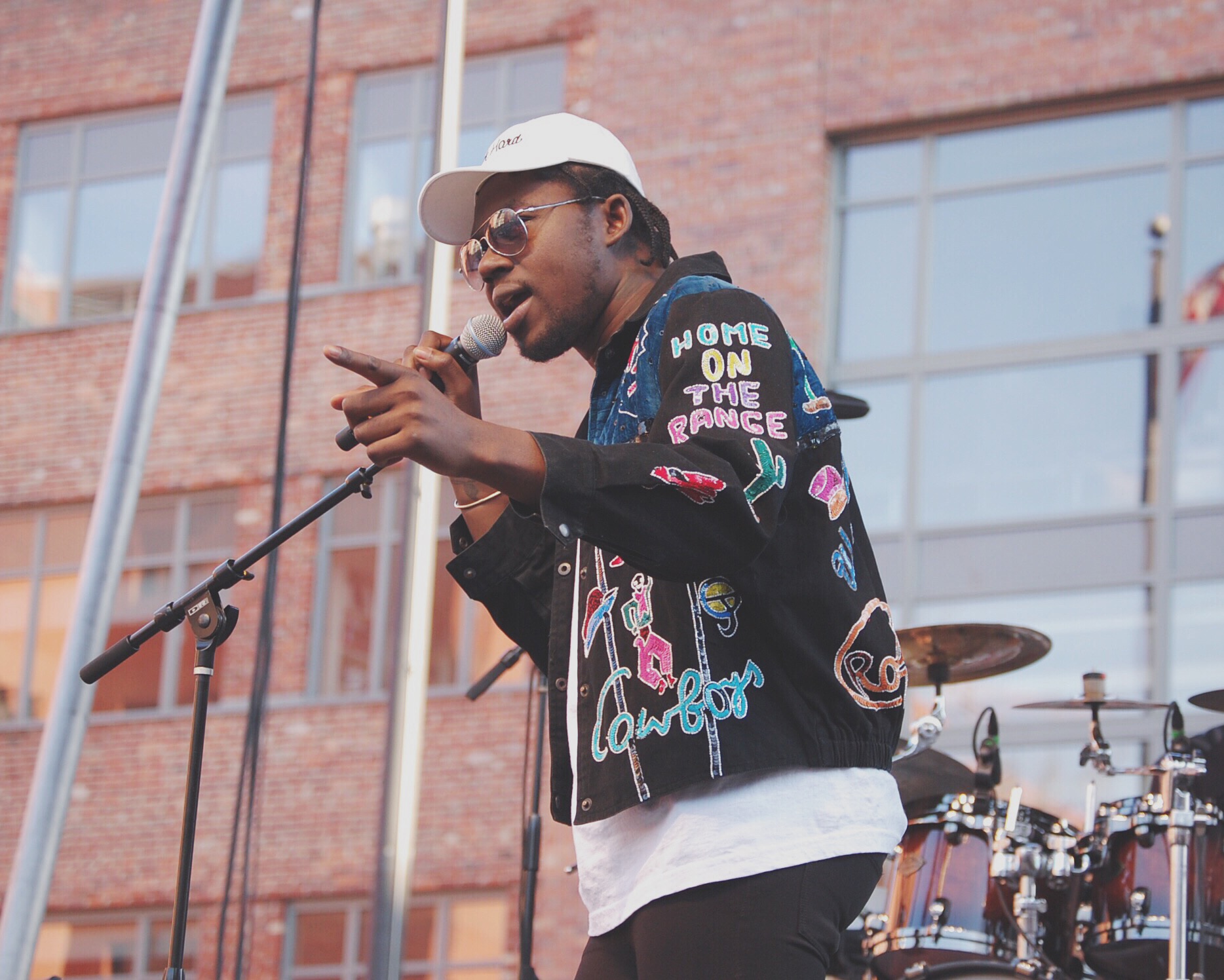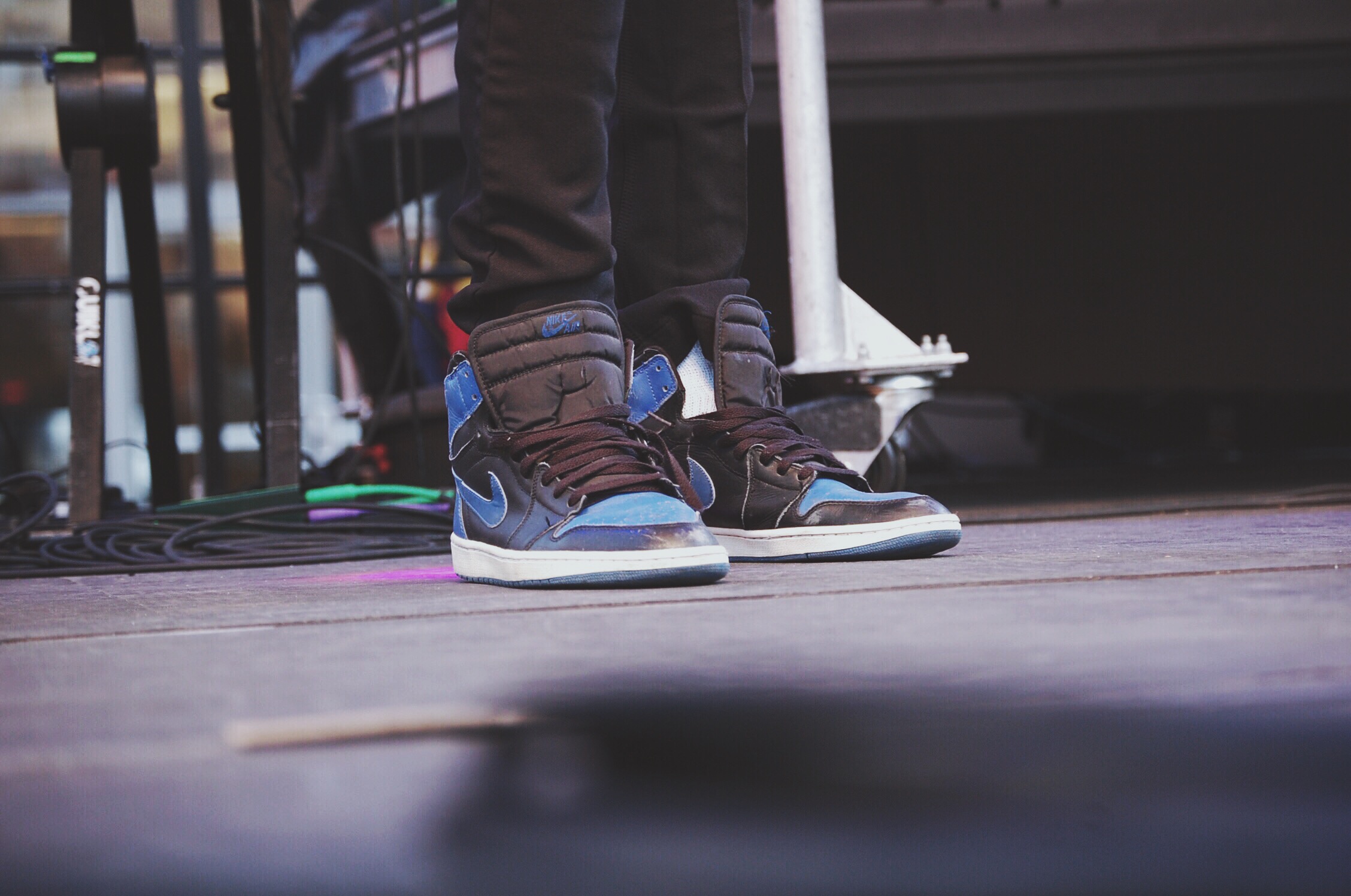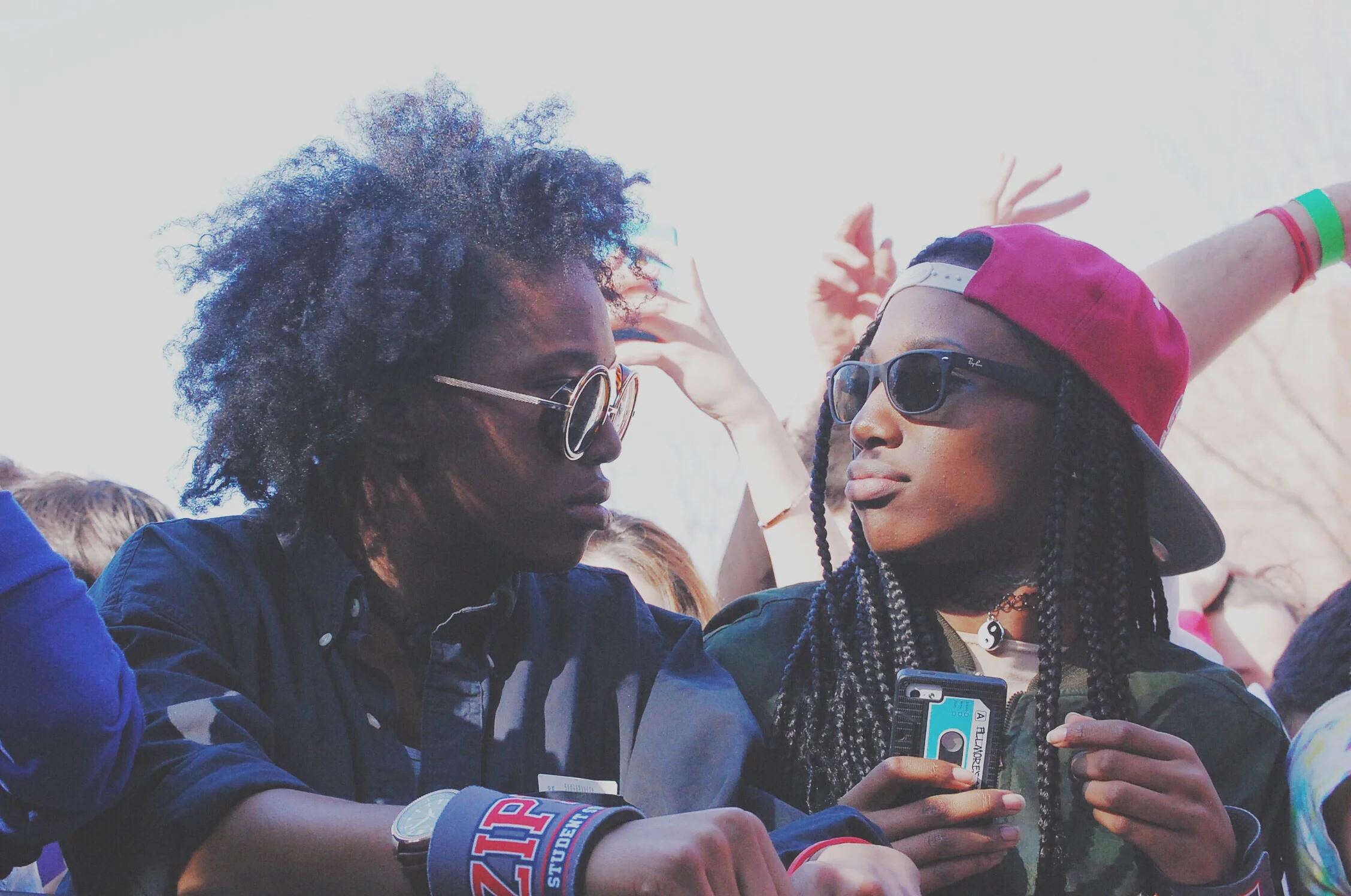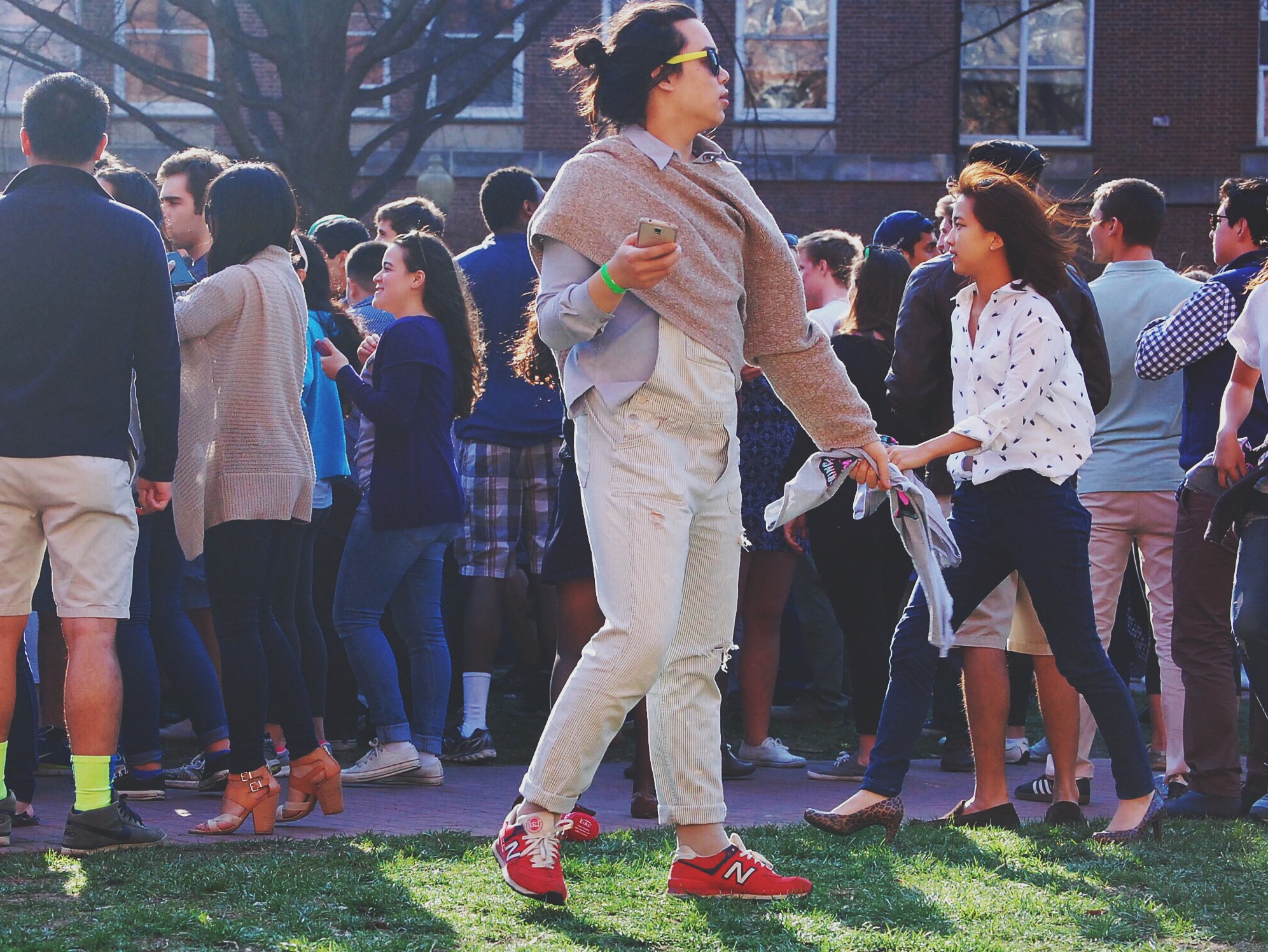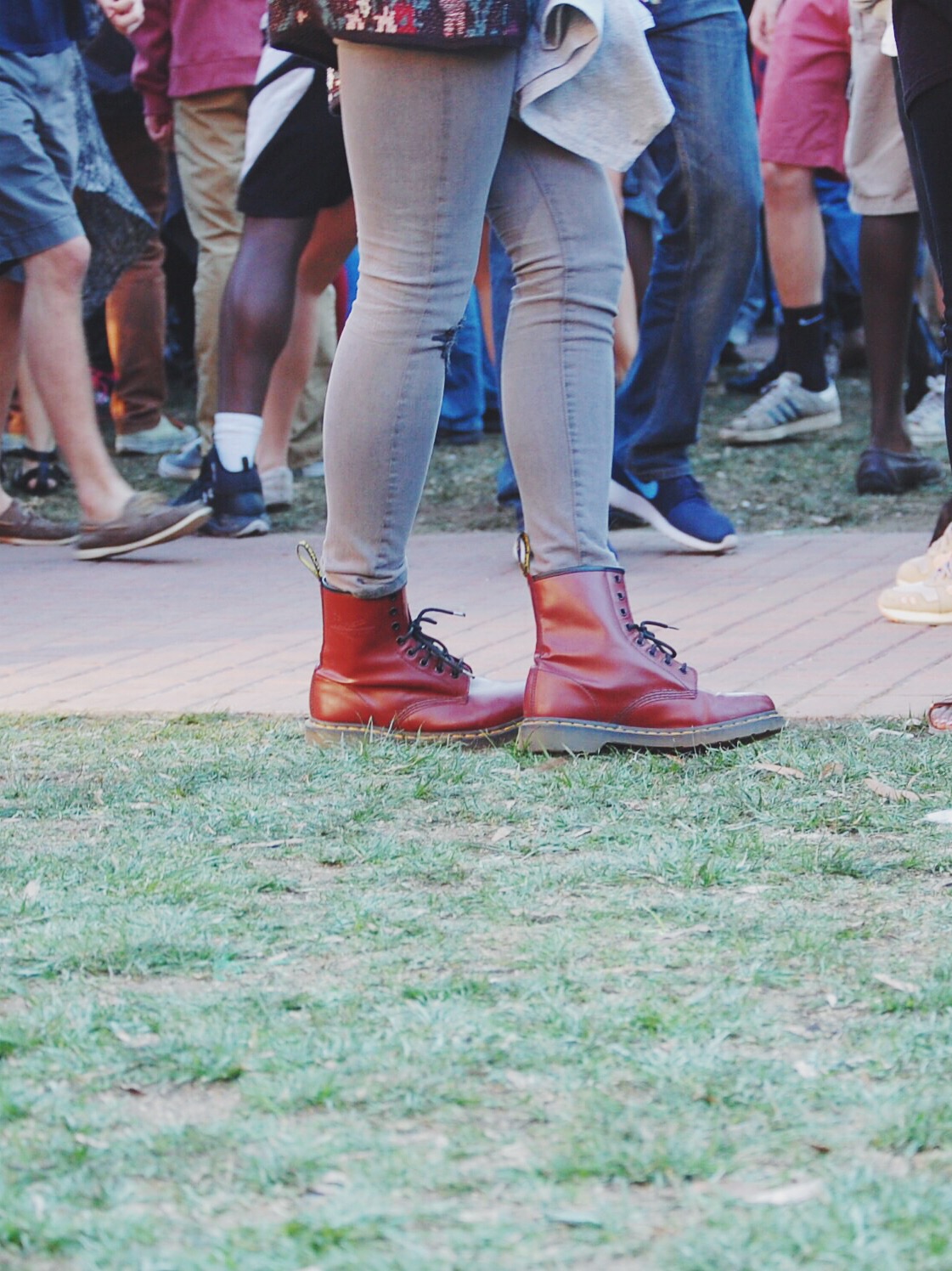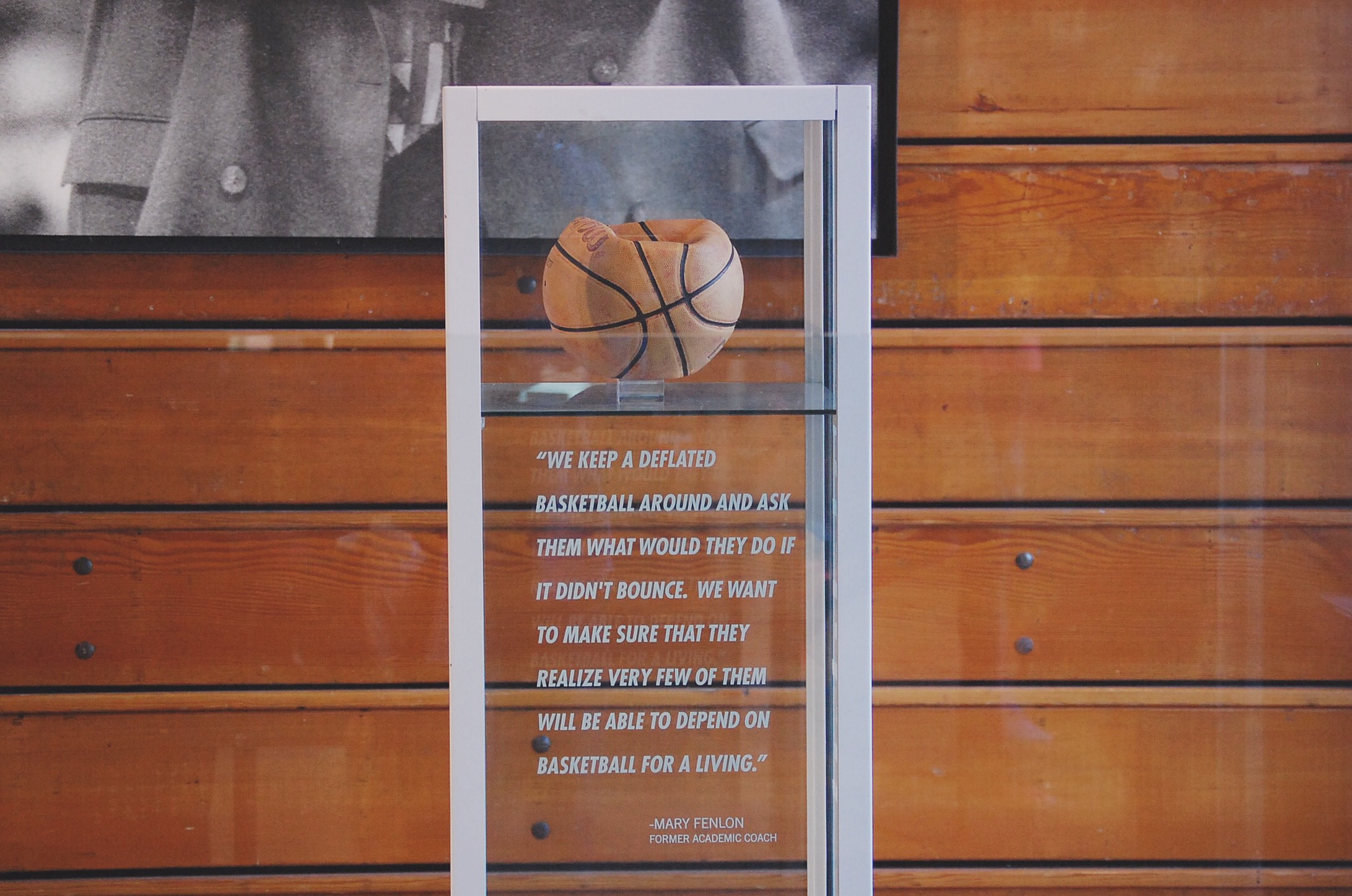I think the dominating sentiment with academic institutions is that arts programs are ancillary areas of study to the seemingly "more important" STEM programs. As a result, when funding for these institutions becomes constrained, arts programs are generally some of the first programs to be affected in an adverse way. Earlier this year, George Washington University announced it would reduce funding for the music department by 5% due to the decrease in enrollment of graduate and professional studies. What's more is that by slashing costs it diminishes the music department's offerings to music majors, minors, and those genuinely interested by 40%. As you'll read in the following interview, music is an outlet and a source of creative influence for many people and without programs to nurture that intrigue, it becomes more difficult for musicians to find their sound and to find opportunities to keep honing their craft.
MY: What would you say if you had to give advice to someone who’s looking to study music as well as go to university? I mean, GW is obviously not easy sometimes, so what would you say to someone who’s looking to have a career in music, like yourself, while at the same time studying something that’s more “safe”?
JK: Hmm. Yea, I’d say do music as much as you can because you love it. And then as long as you put yourself in the right positions, anything can happen. That’s why I think its funny…I mean music school is important, don’t get me wrong. But, I feel like I’ve been fortunate enough to be doing music my whole life, regardless of producing or whatever, I’ve always had music in my life, so these other things sort of come and go. To be honest, maybe I won’t be a producer in the next couple of years; I have no idea. But when people are like, “Oh, you produce?” It’s just like, music is in your life or it’s not and I think people need to realize that. It’s not like you can just stop. I’m never gonna stop doing music, it’s in my blood. I want to do it regardless if I’m making money. So, I’d just encourage anybody to continue doing music because they love it and then if they want to make it a reality, then you just gotta do both, you know. Make the money and do both and find a way to split your interests until you can find a way to do music full-time. There’s going to be people who say you can’t, but f*ck that. There are people telling me that right now. They tell me you can’t split them, you gotta choose. Well, no. I’m not going to do that. I’m going to do what I want to do.
MY: Are you involved with the music community at GW?
JK: Not as much anymore, I wish. I just kind of faded. My freshman year was when I was really involved and we had a couple of guys like Louis Diller and Davie who kind of pushed me in the right directions. I went to these jam sessions [GW Jam Sessions] that are about to disappear. If I didn’t have the jam session, I probably wouldn’t be here right now. That’s where I met Louis Diller who is now signed to Glassnote and is traveling all over the world and yea; he’s a major sh*t now. He was super influential for me because after he graduated he went and did his music sh*t and made it his reality and that’s just awesome. That’s the reason I did the Holychild remix because that was him and I was like, ‘Yo man, I love to work with you.’ So yea, I think I was involved, but it kind of dissipated because the community who was really about it just disappeared and it was already two or three people. I think you have to find those people who are really down to make music, and it’s hard.
MY: Would you say the GW music community isn’t as strong as it can be?
JK: I would say they’re not really good at promoting themselves. That’s the major issue. Like they have a scholarship that’s 25-grand a year that I didn’t even know about because they don’t publicize it. The scholarship is an investment and they don’t understand that. They aren’t good at marketing themselves and I think they could get a lot more talent to come to GW if they did.
